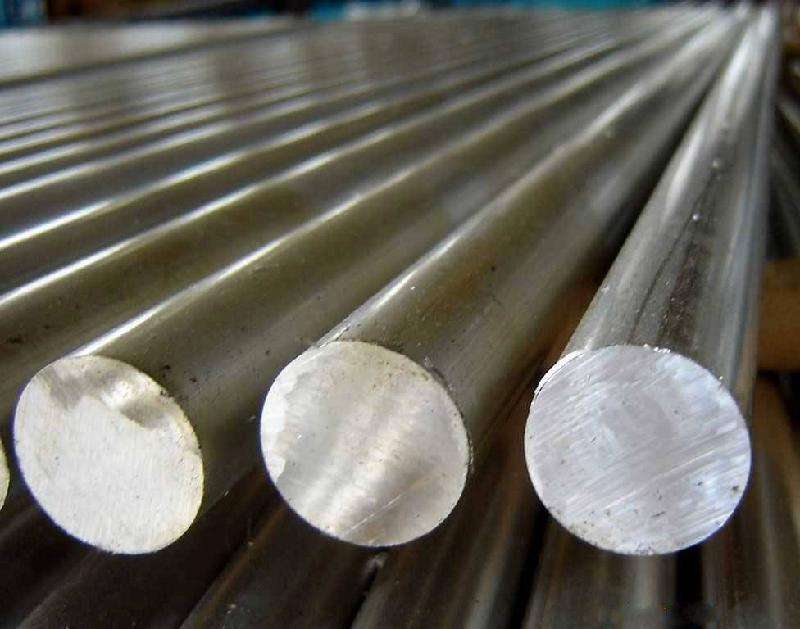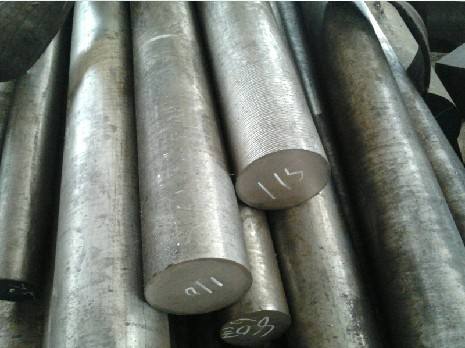Tool steels
May.18,2017
Tool steels are metals designed to provide wear resistance and toughness combined with high strength .They are basically high-carbon alloys, where the chemistry provides the balance of toughness and wear desired.
Several classification of breakdown systems have been applied to tool steels, some using chemistry as a basis and others employing hardening method and major mechanical property desired.
Water-hardening carbon tool steels account for a large percentage of all tool steels used .They are the least expensive and are used for a wide variety of parts that are usually quite small and not subjected to severe usage or elevated temperatures. Because strength and hardness are functions of the carbon content, a wide range of these properties can be obtained through composition variation. These steels must be quenched in water to obtain high hardness and, because their hardenability is low, they can be used only for relatively light sections if full depth of hardness must be obtained. They also are rather brittle, particularly at higher hardness.
High-speed tool steels are used primarily for cutting tools that machine metal and other special applications where retention of hardness at red heat is required. The most common type of high-speed steel is the tungsten-based T1 alloy, also known as 18-4-1 because the analysis contains 0.7% carbon, 18% tungsten, 4% chromium, and 1% vanadium. This alloy has a balanced combination of shock resistance and abrasion resistance and is used for a wide variety of cutting application. Other high-speed tool steels have cobalt added to improve hardness at elevated temperatures. Toughness diminishes and forming problems increase.
The molybdenum high-speed steels were developed to reduce the amount of tungsten and chromium required to produce the desired properties. Hot-work tool steels are designed to perform adequately under environments of prolonged high temperature. Other types of tool steels include:1.the plastic mold steels made specially for the requirements of zinc die casting and plastic molding dies:2,the low-alloy special-purpose tool steels, and 3.the carbon-tungsten type of special purpose tool steels, which are water hardening but substantially more wear-resistant than the plain-carbon tool steels.



